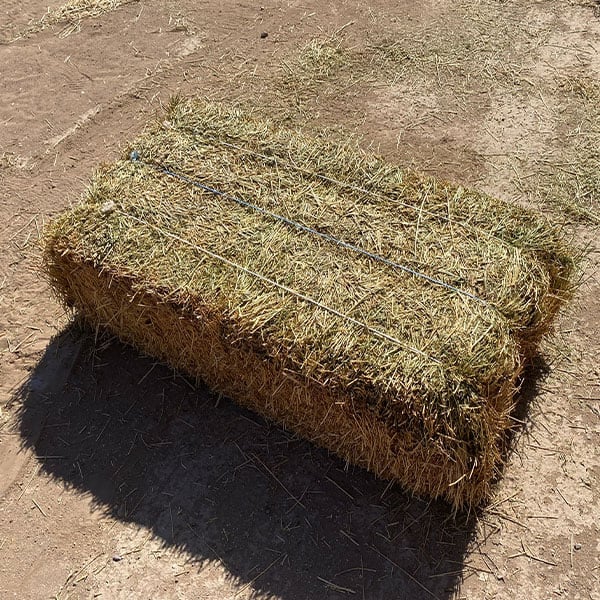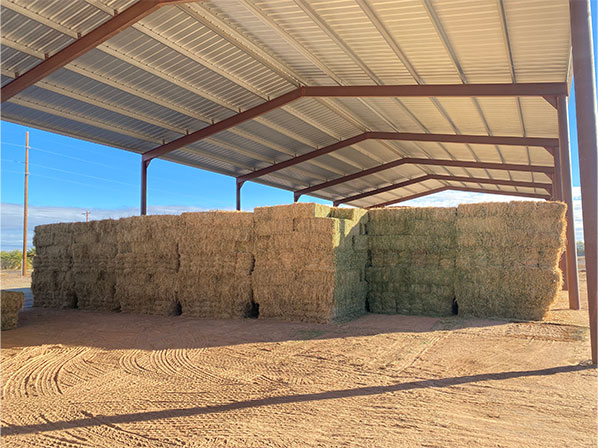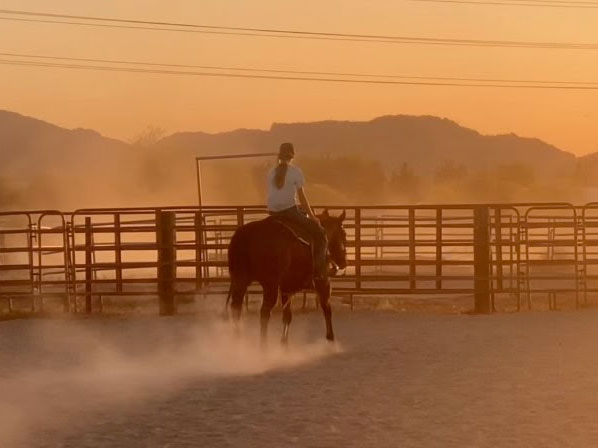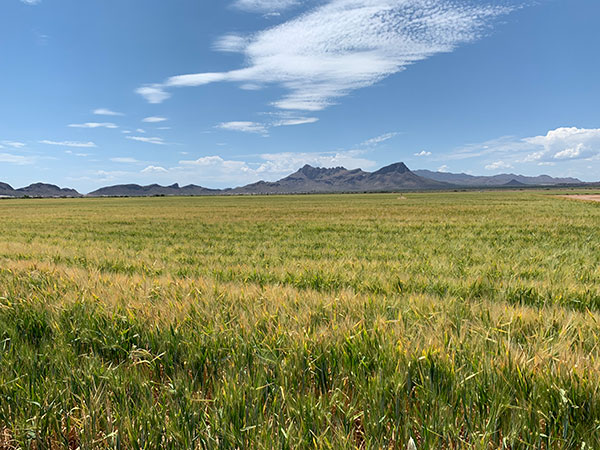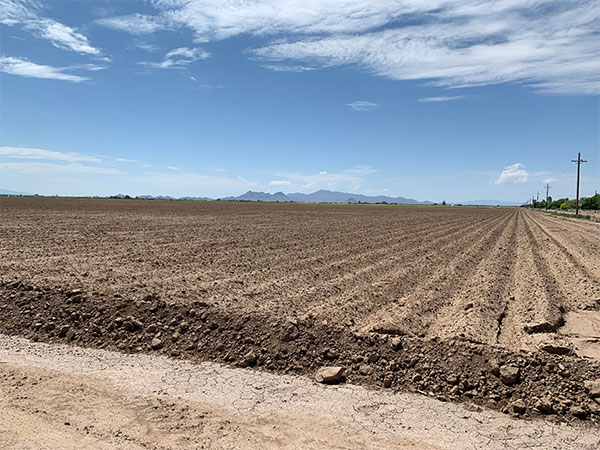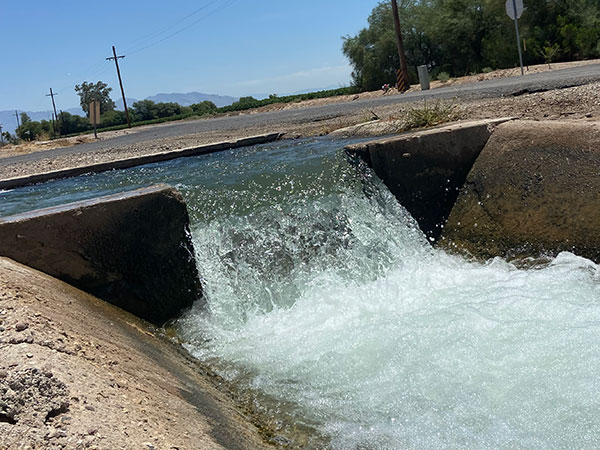- 64 or more bales $12.00 a bale
- 3 String Bale
- 100-120 lbs.
- Dairy cows, beef cattle.
Description
“Alfalfa cow hay” typically refers to alfalfa hay that is commonly fed to cattle. The nutritional value of alfalfa hay can vary depending on factors like the stage of growth when it was harvested, soil conditions, and other factors. Here’s a general idea of the nutritional value of alfalfa hay for cattle:
- Protein: Alfalfa hay is known for its relatively high protein content, typically ranging from 15% to 20%. This protein level makes it a valuable source of protein for cattle, especially for growing calves, lactating cows, and other cattle with high protein requirements.
- Fiber: Alfalfa hay contains both soluble and insoluble fiber. The fiber content typically ranges from 25% to 35%, which can support proper digestion and gut health in cattle.
- Energy: Alfalfa hay provides a good source of energy due to its relatively high calorie content. While it’s not as energy-dense as some grains or silage, it can still contribute to a cow’s energy needs.
- Calcium and Phosphorus: Alfalfa hay is rich in calcium, typically containing around 1.2% to 2.5% calcium. The high calcium content can be beneficial for cattle, especially for pregnant and lactating cows. However, it’s important to monitor the calcium-to-phosphorus ratio in the overall diet to prevent mineral imbalances.
- Vitamins and Minerals: Alfalfa hay also provides essential vitamins and minerals, including vitamin A, vitamin D, and trace minerals like iron, manganese, and zinc.
The nutritional value of alfalfa cow hay is generally considered well-suited for beef and dairy cattle, especially during periods of higher nutritional demand such as lactation and growth. However, it’s essential to monitor the overall diet to ensure that it meets the specific nutritional needs of your cattle.
To optimize the nutrition of your cattle, it’s recommended to consult with a veterinarian or livestock nutritionist, and possibly balance the diet with other forages, grains, and supplements to meet the individual requirements of your cattle. The age, weight, reproductive status, and production goals of your cows will also influence their nutritional needs.
Related products
-
Sale!
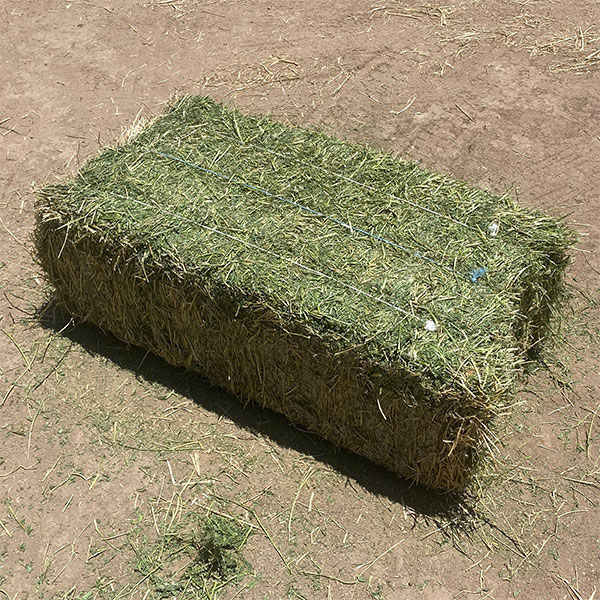
Aflalfa Hay (Premium A1)
$20.00Original price was: $20.00.$19.00Current price is: $19.00. -
Sale!Out of stock
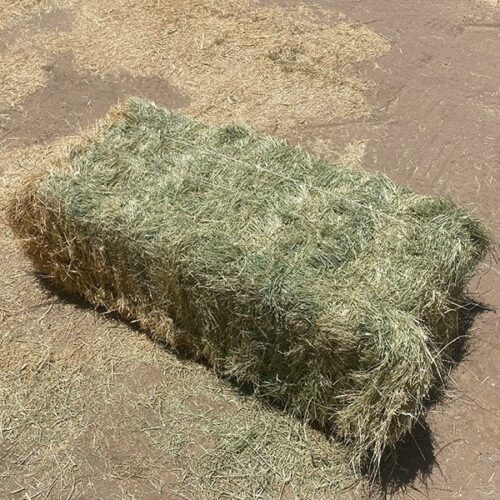
Bermuda Hay (Premium B1)
$22.00Original price was: $22.00.$21.00Current price is: $21.00. -
Out of stock
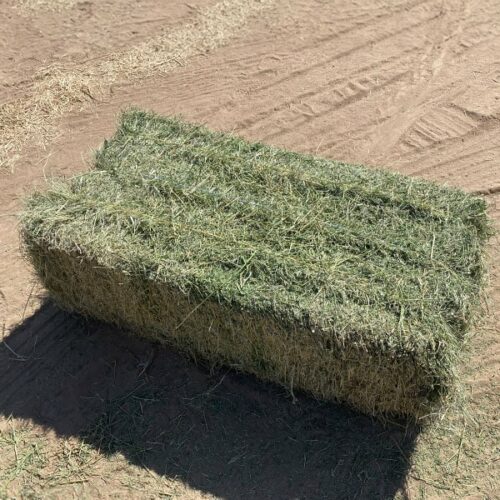
50/50 Mix Hay
$20.50

